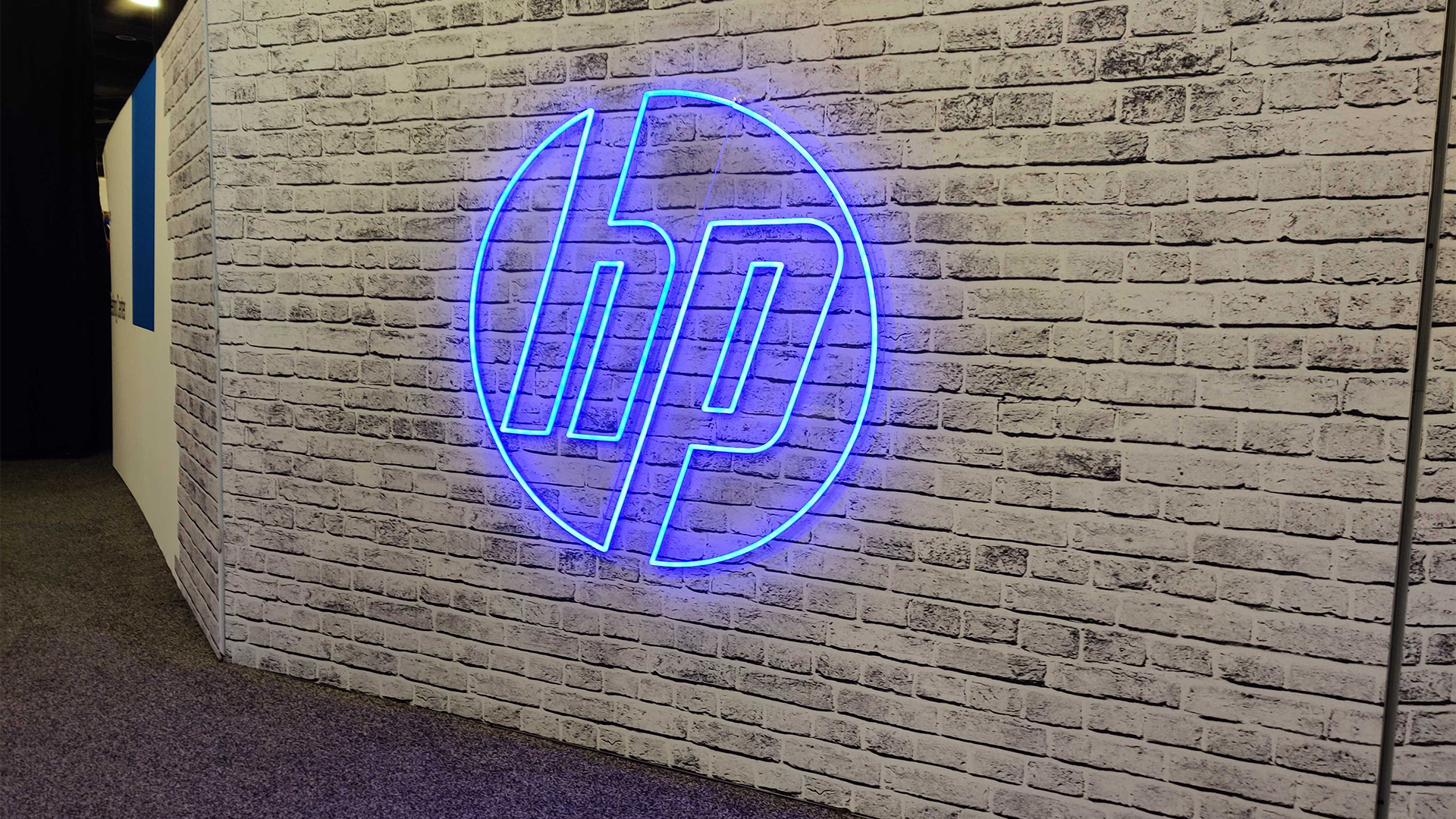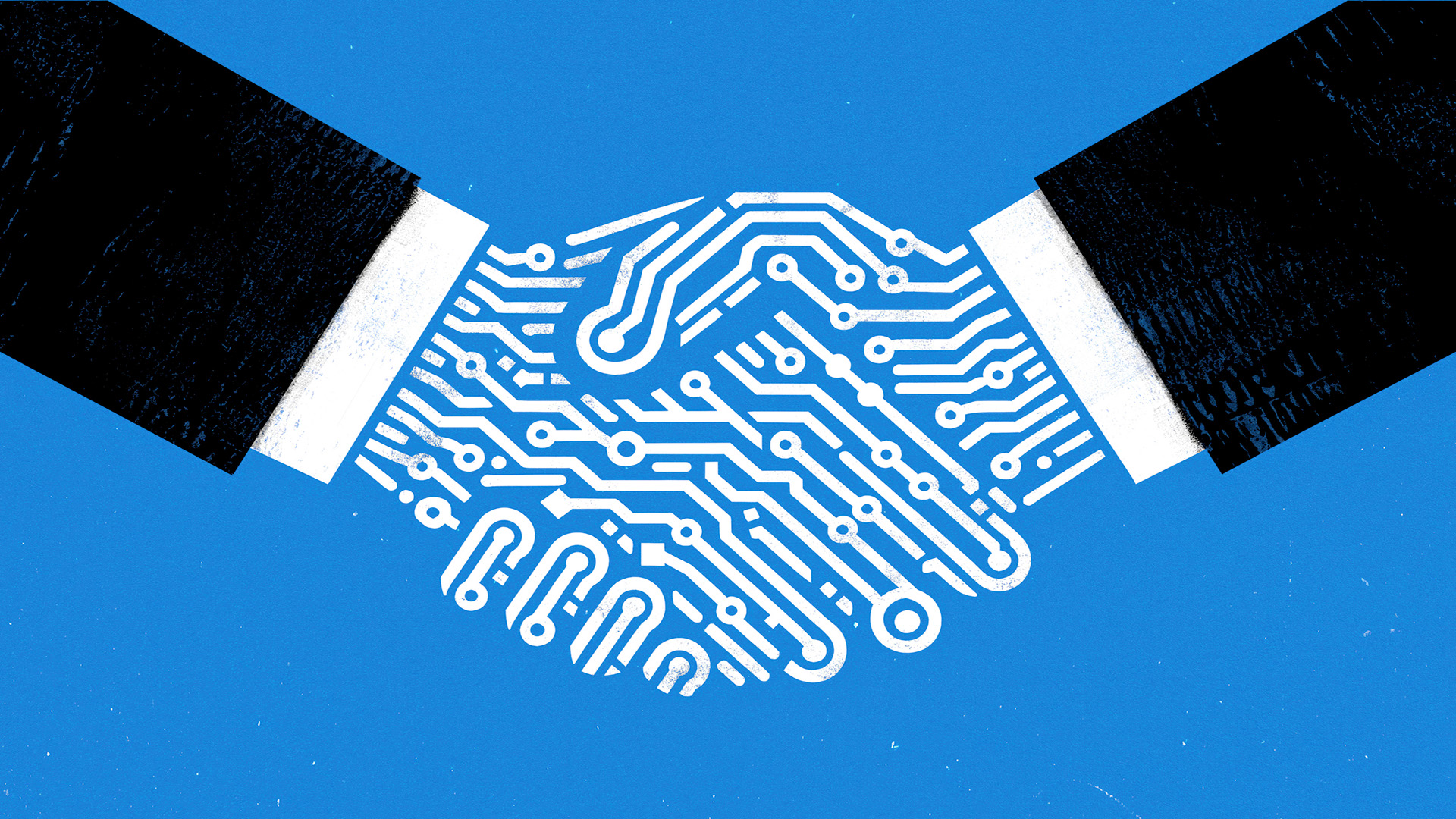HP’s sustainability drive is paying off for channel partners
Channel partners that bought into HP’s sustainability program saw sales increase as customers react positively


The sustainability of technology vendors' distribution channel could hold many back from meeting their ESG targets, and HP has made efforts to ensure its partners are onboard with them on its sustainability journey.
HP set itself the goal of becoming the most sustainable technology company in the world and as a company that claims to have the channel as part of its DNA, aligning partner organizations towards this goal was vital for success.
Four years ago HP introduced its global channel sustainability, Amplify Impact, to do just that, setting itself the goal that by 2025 more than 50% of its Amplify partners would take part in the program.
On stage at HP Amplify 2025 in Nashville, Kobi Elbaz, SVP and GM of global revenue operations, shared that HP has met this target. The next step, he said, will be to continue working with channel partners to ensure it can meet its larger goal of leading the tech industry in sustainability.
Speaking to ITPro, Mary Beth Walker, head of global channel strategy at HP, set out why HP needed to build the program to stay on track to meet its 2030 aspiration.
“We realized a few years ago that if we wanted to be the most sustainable technology company in the world, which is our goal by 2030, we can’t do business with partners who don’t care about sustainability and customers don’t necessarily want to buy from partners who don’t care about sustainability.”
Walker noted that a large part of this program centered around sharing the sustainability learnings HP had developed internally to its channel partners via the Amplify Impact program.
Stay up to date with the latest Channel industry news and analysis with our twice-weekly newsletter
“It started out as a program to really help partners, especially smaller partners, take advantage of all the money that we had invested in sustainability training. They can’t afford to do that so let’s just share our training with them,” she explained.
“We also shared road maps for them to create a sustainability strategy, to be able to know how to produce a sustainability report and basically create the credentials that they need to be able to show customers that they have the capabilities and care about sustainability so customers want to do business with them.”
Sales boosts for HP channel partners
Walker said the results have shown channel partners who have committed to the program and received higher sustainability ratings through the Impact system have experienced a marked increase in sales.
“It’s been very successful, and the partners who have got those ratings are seeing the benefits in their sales,” she announced.
“We started getting statistics last year and the partners who are part of the program and established even a three star rating, 70% of them said that they got more sales this year than last year because of that.”
Not all HP’s partners have embraced the Impact program, however, with Walker acknowledging the firm has seen "diversity" in terms of how much value certain countries have attached to the program.
RELATED WHITEPAPER

She noted that HP is leaning into the areas of the world where this is the case to maximize global impact.
Walker added that HP has not come up with a plan for a potential scenario where non-compliant channel partners are holding it back from meeting its 2030 target, but ultimately that channel partners cannot afford to not have a sustainability strategy in place.
MORE FROM ITPRO
- HP's AI printer push continues with new edge capabilities and security features
- HP just launched the world’s first business PCs designed to protect firmware against quantum hacking
- HP shows the AI PC ecosystem is starting to bear fruit

Solomon Klappholz is a former staff writer for ITPro and ChannelPro. He has experience writing about the technologies that facilitate industrial manufacturing, which led to him developing a particular interest in cybersecurity, IT regulation, industrial infrastructure applications, and machine learning.
-
 Veeam ramps up growth plans with trio of leadership hires
Veeam ramps up growth plans with trio of leadership hiresNews The data resilience vendor has reshaped its senior leadership team to deepen partner engagement and streamline customer success in the AI era
-
 TP-Link promotes Kieran Vineer to distribution channel director for UK&I
TP-Link promotes Kieran Vineer to distribution channel director for UK&INews The company veteran will now oversee distribution activity for TP-Link’s networking and surveillance channels across the region
-
 How SMBs can DIY their IT implementation and support
How SMBs can DIY their IT implementation and supportFeature For some small and medium-sized businesses, the third-party expertise and support might be out of reach. What’s the alternative?
-
 Keeper Security expands federal bench with latest senior hires
Keeper Security expands federal bench with latest senior hiresNews The security vendor has bolstered its federal team to support zero-trust access, operational execution, and government modernization efforts
-
 atNorth bolsters leadership bench with double appointment
atNorth bolsters leadership bench with double appointmentNews Tatu Tuominen has been named director of public affairs and communications, while Anne Helenius-Heir will serve as director of HSE
-
 Ronald Richardson to lead Leaseweb’s global commercial strategy
Ronald Richardson to lead Leaseweb’s global commercial strategyNews The experienced executive has been named Leaseweb’s new CRO as the IaaS provider embarks on the next phase of its growth journey
-
 HackerOne eyes enterprise growth with double C-suite appointment
HackerOne eyes enterprise growth with double C-suite appointmentNews Seasoned industry executives Stephanie Furfaro and Stacy Leidwinger have joined the cyber security vendor’s executive team
-
 Salesforce opens up Agentforce 360 for partners to drive agent development
Salesforce opens up Agentforce 360 for partners to drive agent developmentNews Salesforce has opened up its Agentforce 360 platform to allow partners to build and sell AI agents and applications.

